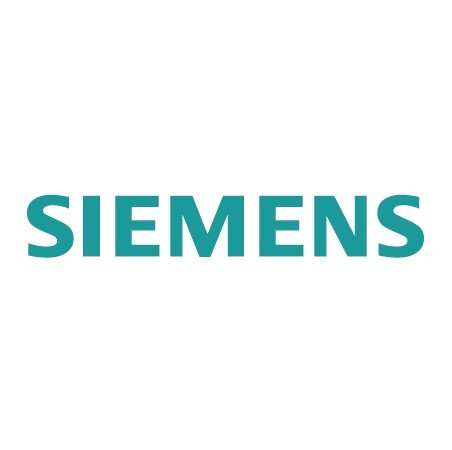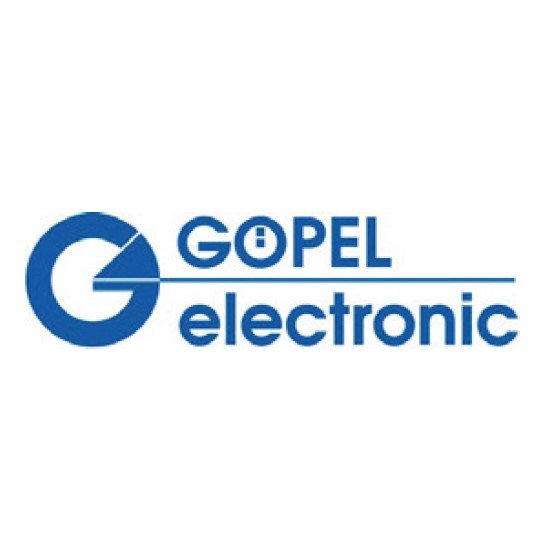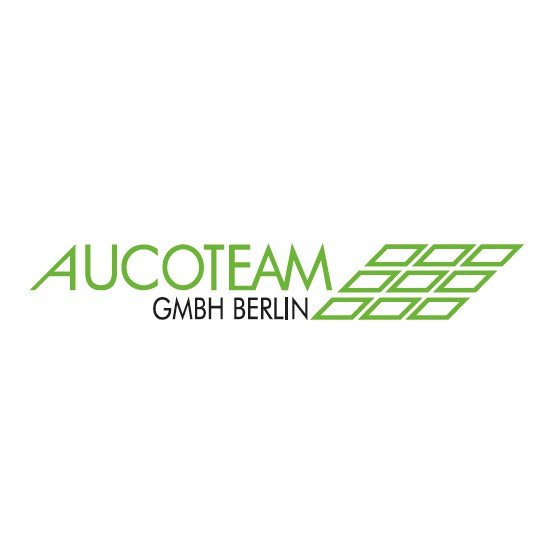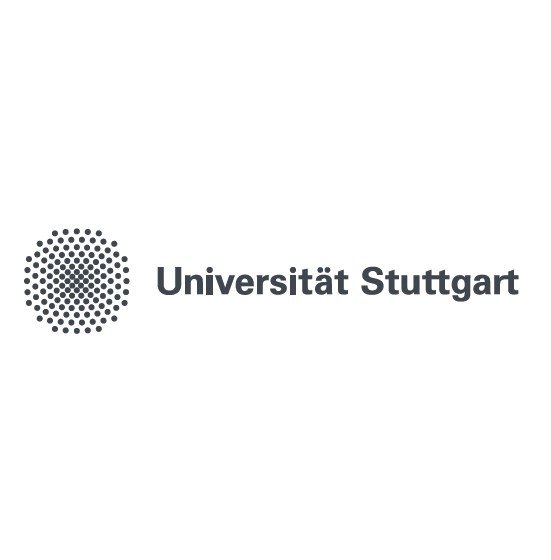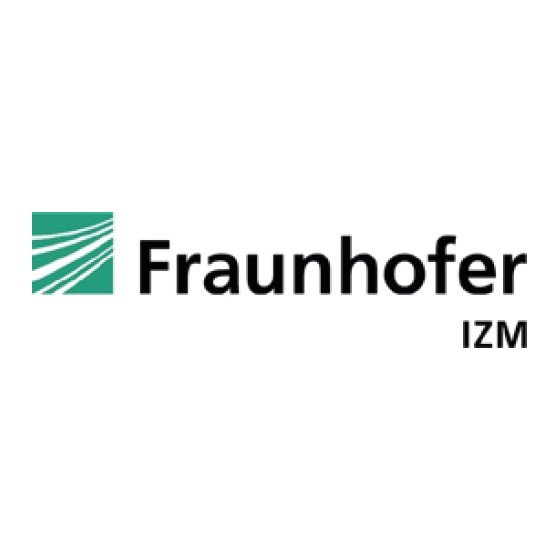SesiM
Self-validation of complex electronic systems in safety-critical mobility applications based on greybox models
PROJECT DESCRIPTION
AI-based increase in reliability of electronics for (autonomous) mobility
OBJECTIVES
The requirements for electronics in safety-critical applications with regard to functional reliability and availability are very high. The areas of mobility in particular offer far-reaching potential hazards in the event of malfunction, manipulation or failure. Typical application areas are monitoring systems for train control and control units of electrified automobiles with autonomous driving functions, which are to be considered within the scope of SesiM. In addition to individual central components, electronic assemblies themselves offer high innovation potential to guarantee functional integrity.
The main objective of the joint project is the development of a hybrid, model-based condition monitoring of complex electronic, mechatronic systems and the prototypical implementation in relevant applications of automotive and railroad technology, e.g. safety-relevant electronic systems for train control and control units of electrified automobiles with autonomous driving functions.
INNOVATION & METHODOLOGY
The central aspect of SesiM is the development of AI-based condition monitoring for the optimized operation of automotive and railroad technology. A digital fingerprint of the electrical and mechatronic assemblies is generated in order to proactively respond to aging-related abrasion and safety-critical changes. Changing influences of manufacturing processes and material qualities, ex- and intrinsic loads in the use phase as well as system-describing sensor data are recorded, evaluated and used within an innovative modeling approach. The novel approach is integrated into a self-diagnosis on system level and an intelligent operation and maintenance management is realized. For safety-critical systems, currently strong overdesign or redundant setups are used to avoid failures.
OUR CONTRIBUTION
The core of Gestalt Robotics' contribution to the project is the development of adapted AI methods for the inspection of electronic components as well as the development of a comprehensive communication architecture for the self-validation of electronic components. With regard to the implementation of joint sample applications and demonstrators, participation in the concept development for sensor technology, online monitoring and data generation takes place under consideration of the application-specific requirements with regard to data augmentation, generation of synthetic image data as well as active learning approaches. In this context, the suitability of Few-Shot-Learning methods will also be tested. For the communication architecture, data protection and ownership aspects regarding image data will be investigated in addition.
Key Facts
Greybox Models
Data-driven and physical models
Combination and formation of hybrid models
Improved prediction of remaining service life
Few Shot Learning
Learning with only a few examples
Avoidance of time-consuming training processes
Immediate usability
Augmentation & Revision
Systemic variation of image properties
Synthetic data from simulation
AI revision, and continuous learning
Distributed Communication
AI capabilities - across the lifecycle
Scalable architecture with cloud and edge
Data protection and privacy
PartnerS & CONSORTIUM
Siemens AG
Project management, acquisition of digital data of electronic production (railroad technology), Big Data, cloud computing (Mindsphere) as well as setup of distributed sensor systems and closed loop methods for quality improvement
Robert Bosch GmbH
Analysis of mission profiles and derivation of accelerated load profiles and test plans, experimental and simulative lifetime determination of electronic systems as well as identification and alignment of failure mechanisms by non-destructive and destructive testing methods
GÖPEL electronic GmbH
Analysis and application of technologies (hardware and software) for the generation and provision of image information of electronic assemblies, acquisition and preparation of acquired data as well as their performant storage incl. provision
AUCOTEAM GmbH
Development of new test methods, test equipment, reliability tests and service life tests on electrical as well as mechatronic components, data acquisition systems
Universität Stuttgart
Computational intelligence and machine learning, analysis and management of large amounts of process and plant data, combination of data-driven (black-box) and physical (white-box) models into a hybrid model
Fraunhofer IZM
Evaluation of the condition of electronic systems, metrological implementation of concepts, aging and failure analyses, and reliable system integration in microelectronic setups
Funding
Federal Ministry for Economic Affairs and Energy
Program
“Künstliche Intelligenz als Schlüsseltechnologie für das Fahrzeug der Zukunft”
Duration
07.2021 – 06.2024
Project Management Agency
TÜV Rheinland Consulting GmbH
ProjeCt poster
Project poster (German) as printable PDF
This project is/was financed with funding provided by the Federal Ministry for Economic Affairs and Energy under the “Künstliche Intelligenz als Schlüsseltechnologie für das Fahrzeug der Zukunft” program and managed by the Project Management Agency TÜV Rheinland Consulting GmbH. The author is responsible for the content of this publication.







